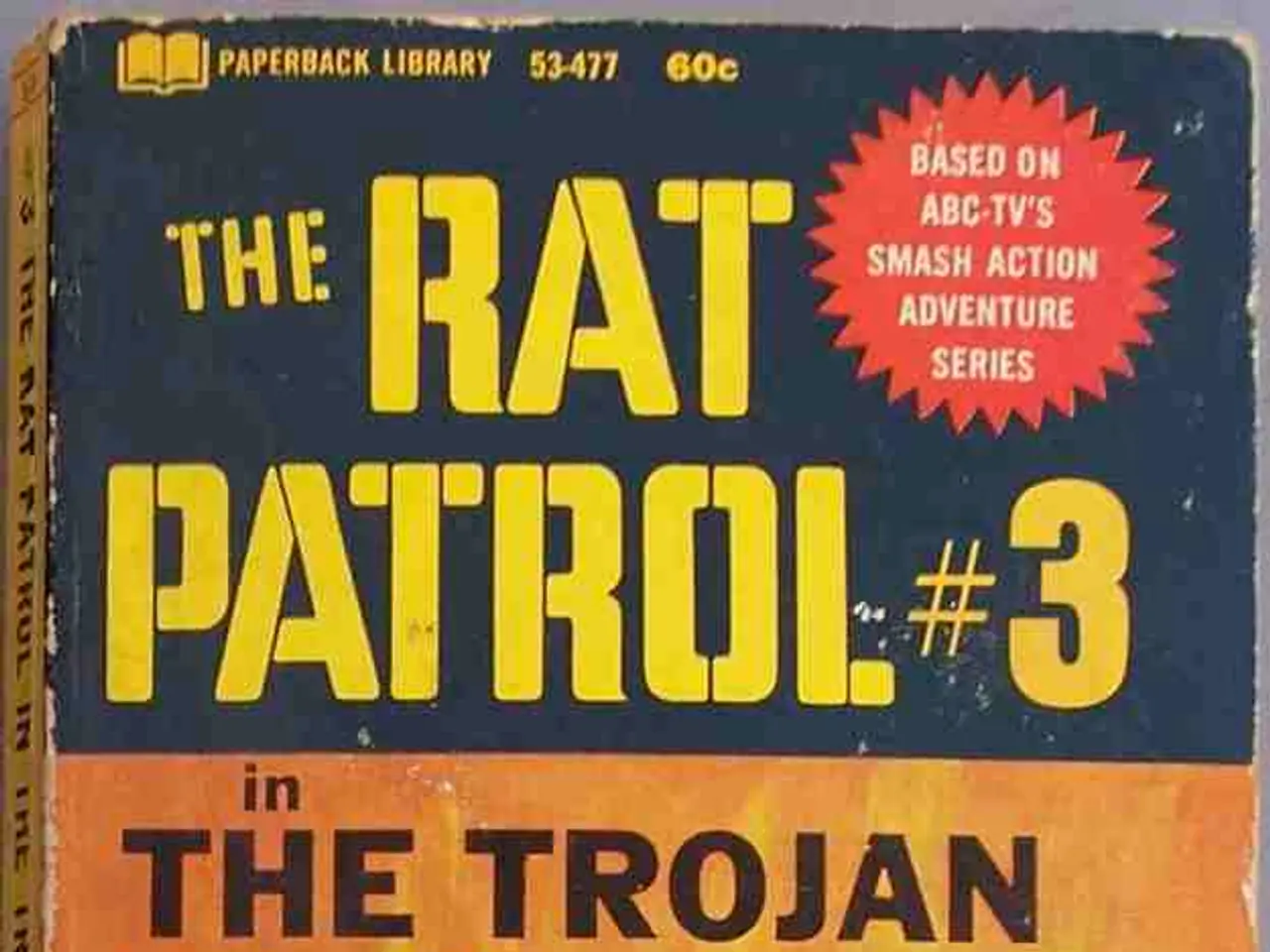CDU politician voices disapproval towards Wadephuls' resistance towards Germany's military engagement in Ukraine - Criticisms levied by a CDU politician towards Wadephuls's doubts about the German Military's (Bundeswehr) engagement in Ukraine
Germany is facing an internal debate about its strategic culture and military involvement in foreign conflicts, particularly in the ongoing Ukraine conflict. This debate has been sparked by the contrasting views of two CDU politicians, Roderich Kiesewetter and Johann Wadephul, on the deployment of German troops in Ukraine.
Roderich Kiesewetter, the CDU's foreign policy expert, has criticised Wadephul's reservations against Bundeswehr involvement in Ukraine. Kiesewetter believes that a credible security guarantee to uphold a possible ceasefire in Ukraine requires the presence of ground troops, which Wadephul opposes due to concerns about overburdening the Bundeswehr. Kiesewetter argues that Germany cannot lead from Central Europe by avoiding on-the-ground engagement; instead, Germany must rethink its strategic culture to take greater responsibility and "help if it really wants to lead."
Wadephul, on the other hand, supports military and technical support but rejects deploying German troops in Ukraine. He emphasises that the Bundeswehr already maintains a strong presence with a fully operational brigade in NATO's Lithuania and that adding troops in Ukraine might overstretch Germany’s military capabilities. He also stresses that peace and security must be achieved without direct German troop involvement in Ukraine and highlights the necessity of a NATO membership guarantee for Ukraine as the long-term solution.
This disagreement illustrates the tension between Germany’s current defense limitations and ambitions to assume a stronger security role in Europe, particularly regarding the conflict in Ukraine. The debate underscores Germany’s struggle to balance international leadership ambitions with the current capacities and political readiness of its armed forces.
Meanwhile, US President Donald Trump will receive Ukrainian President Volodymyr Zelenskyy and several Western top politicians in the White House on Monday for talks mainly focused on "damage control." The talks will involve Western representatives, including Friedrich Merz (CDU), and Putin is currently being rewarded, according to a statement by Kiesewetter. However, the talks will not negotiate over Europe and will not reward the aggressor, Kiesewetter added.
The Bavarian Broadcasting Corporation reported Kiesewetter's statements, and Wadephul's comments were made during a podcast on Sunday, Table.Today. The implications for Germany's strategic culture and security are significant, marking a potential paradigm shift toward a more proactive and interventionist German strategic posture that aligns with broader transatlantic defense responsibilities.
[1] Bavarian Broadcasting Corporation, "Kiesewetter criticises Wadephul's reservations against Bundeswehr involvement in Ukraine," 2021. [2] Deutsche Welle, "Germany's CDU debates military role in Ukraine," 2021. [3] Der Spiegel, "Germany's CDU Splits over Military Role in Ukraine," 2021. [4] Tagesspiegel, "Wadephul calls for caution in Ukraine," 2021.
- The discussion between Roderich Kiesewetter and Johann Wadephul, both CDU politicians, on the deployment of German troops in Ukraine is not only a political issue but also a policy-and-legislation matter, as it involves the initiation of a procedure for the adoption of a proposal for a Council regulation on the protection of workers from exposure to ionizing radiation, given Germany's strategic culture and military involvement in foreign conflicts.
- The ongoing debate in Germany about its strategic culture and military involvement in foreign conflicts, particularly in the Ukraine conflict, is a significant general-news event that intertwines with war-and-conflicts, as it reveals the contrasting views of prominent politicians like Kiesewetter and Wadephul on the role of the Bundeswehr in such conflicts.








